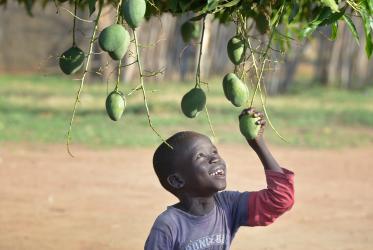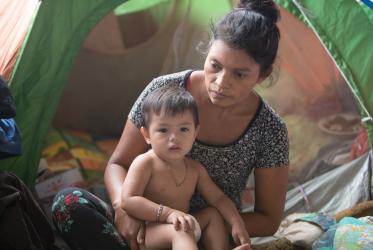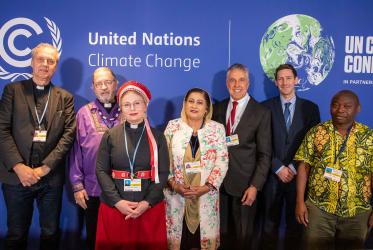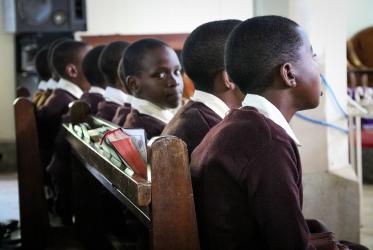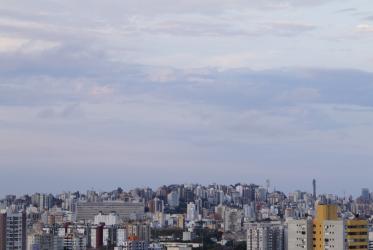Displaying 1 - 20 of 46
25 April 2024
What can churches do to prevent modern slavery?
22 February 2024
Seminar: The Feast of Creation and the Mystery of Creation: Ecumenism, Theology, Liturgy, and Signs of the Times in Dialogue
15 - 16 March 2024
Cittadella Laudato Si’ (known as “Cittadella”) – Via degli Ancaiani 3, Assisi
WCC and partners to host seminar in Assisi on Feast of Creation
21 February 2024




